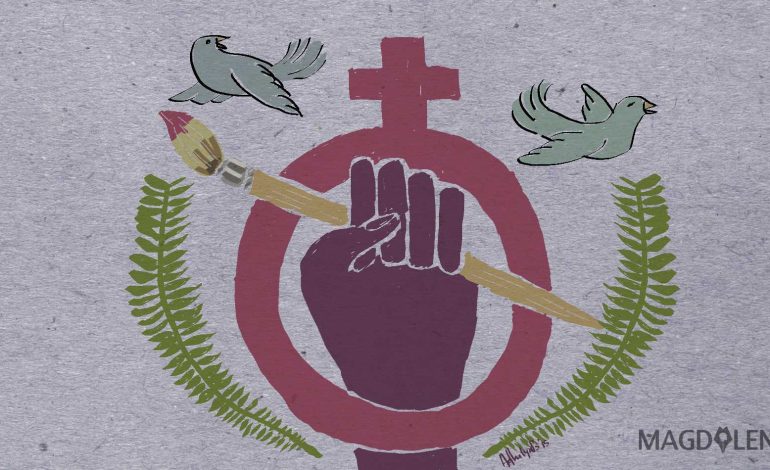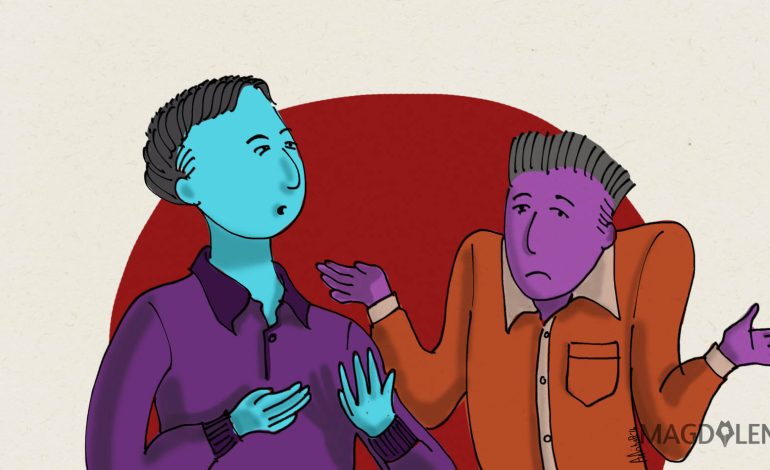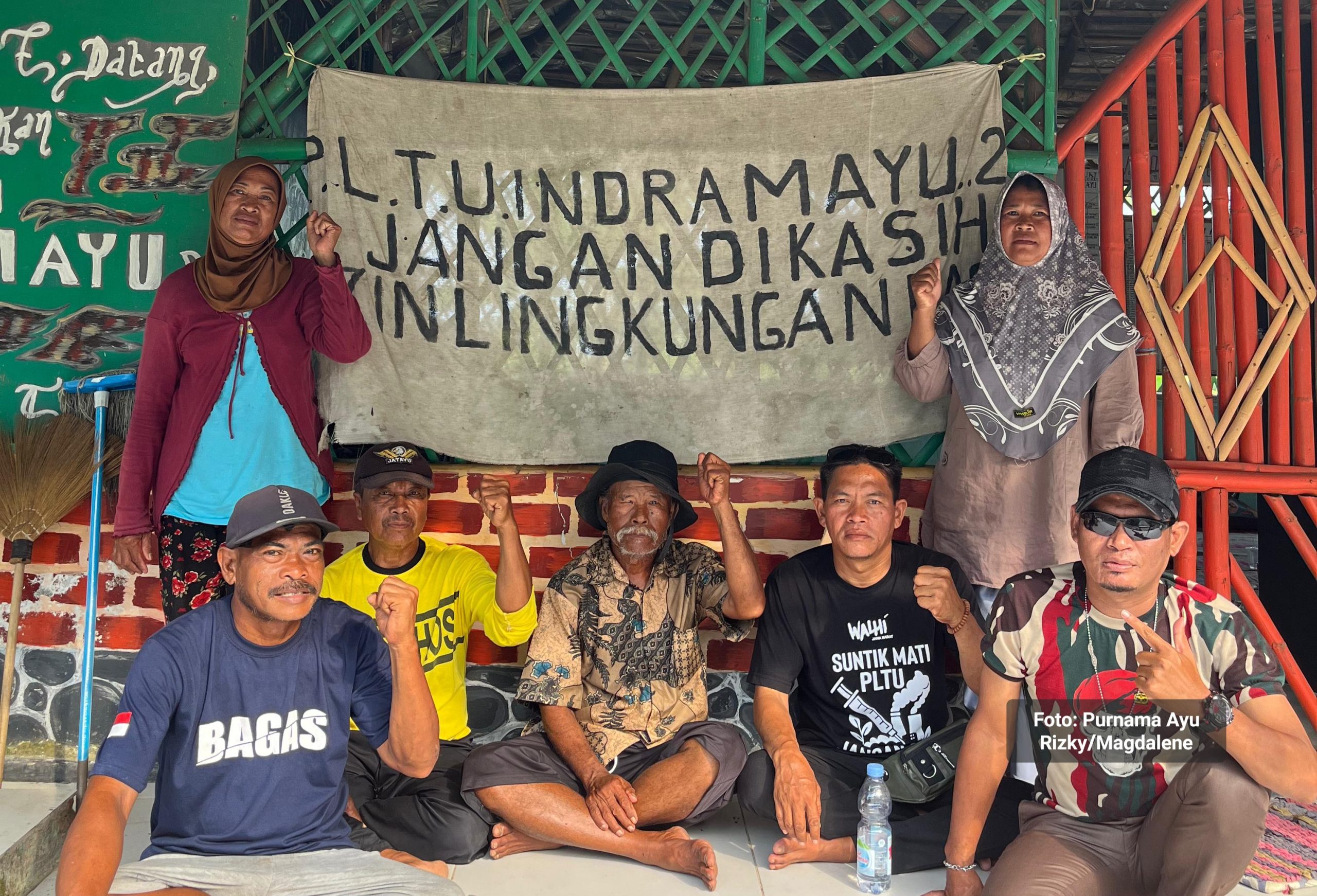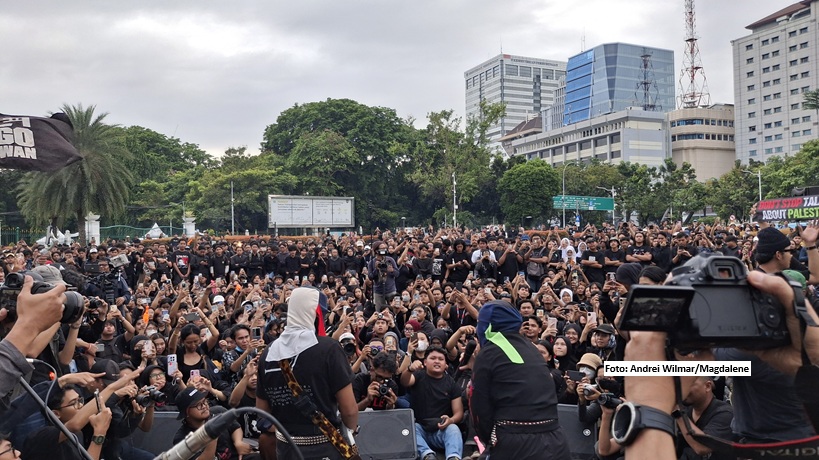Mental Health Issue a Feminist Issue Too
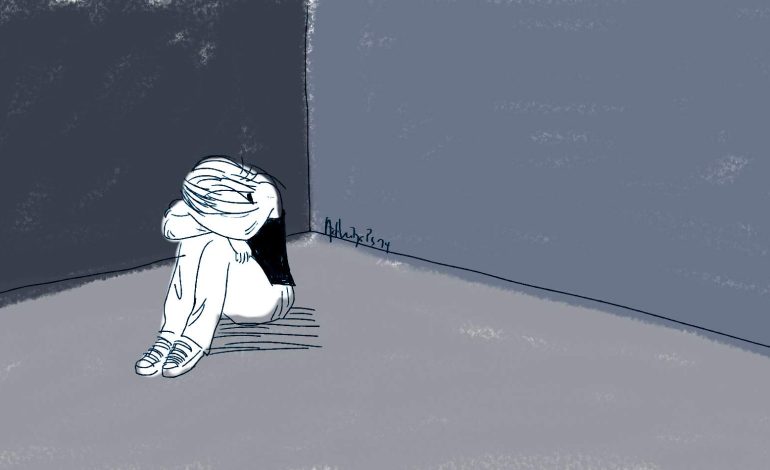
I was at the supermarket with the monthly list of groceries in my hand, when I suddenly froze with a heaviness in my chest. I went home with an empty basket.
My friend invited me to have drinks after works, and after bailing out several times, I gave it a little try. I put my make up on, ordered a cab and went to the bar. That’s when the anxiety attack came again.
The same wave of feelings hit me at other places, at movie theatre, restaurants, you name it – I have no control of my mind and I no longer enjoy everything that makes my mind relax.
Growing up, I was subjected to corporal punishment and physical violence. I was born to a working class family and my father demanded me to be good at school so I could someday help us out of poverty.
As a grownup I have always been hard on myself, too stressed out whether with works, or relationships, preventing me from being happy. I have never been successful in any relationship because my exes couldn’t deal with my depression.
In addition, I have been working on the issue of sexual and gender-based violence since 2000. While barely recovered from my own personal childhood traumas, I have had to listen to stories of sexual violence at work.
People said I have achieved so many thing with my career, but I am always worried. What if I lose my job? Who is going to taking care of my mother? Who is going to pay my sister’s tuition? What if I end up alone? These are the thoughts I can’t answer, nor can I banish them from my mind.
To not appreciate what I have is a bad thing, and thinking about this makes me feel guilty and become even more depressed.
Mental illness, the issue we never talk about
Until this article, I had never revealed my anxiety problem to my friends because I did not want it to define me, and to be a barrier to my performance in my professional life. Most importantly I didn’t want the “label” often slapped on people with mental health issues: that we’re being overly dramatic or ungrateful. Our depression is seen as our way of seeing the world as if it revolves around us. And I didn’t want people to know that cognitive behavioral therapy and drugs/medicine actually help me.
Taboo is the prime reason we hide our mental illness. Families with members suffering from mental issues fear the stigma attached to the illness, and this often has devastating consequences.
According to Human Rights Watch (HRW), more than 57,000 people in Indonesia “with real or perceived psychosocial disabilities” have been shackled or locked up in confined spaces at least once in their lives. Around 18,800 people are kept in shackles (called pasung in Indonesia).
Meanwhile, a 2013 Research on Health by the Ministry of Healthy showed that about 14 million people or 6 percent of the population have a prevalence for mental and emotional illness and have had symptoms of depression and anxiety since the age of 15. Those suffering from schizophrenia are numbering about 400,000, the data says.
Poor families would shackle their family members with mental illness because of the taboo and to protect the community from their aggressive and violent behaviour. Instead of getting the medical treatments needed for their conditions, they are physically restraint and chained at the back of their home or in a small hut in the backyard, resulting in a devastating condition of no proper sanitation, food and clothing.
According to the Human Rights Watch’s 2016’s report entitled “Living in Hell, Abuses against People with Psychosocial Disabilities in Indonesia”, people with psychosocial disabilities are often subjected to prolonged detention, involuntary treatement and physical and sexual violence. Many turn to traditional or faith-based healing centers, where the basis for admission and discharge is left entirely to the discretion of the faith healers.
Limited services of psychiatrists and mental health clinics have been an issue in Indonesia, according to the HRW report. The study says that there are only about 800 psychiatrists and 48 mental hospitals in Indonesia, and more than half of them are located in just four out of the 34 provinces. The Health Ministry budget on mental health barely covers the basic service.
There is a positive progress, at least, the government now provides national insurance (BPJS) for people with psychiatric problems and schizoprenia, but with the number of therapists and clinics remaining low, it’s hard to see the problem getting resolved soon.
Many of my friends often offer unsolicited “wise” advice: that I must be grateful, and let go of everything. They don’t bother to learn about what it’s like to live with anxiety, that even rising from from bed every morning is a constant struggle.
I have sought some psychiatric assistance and counselling, which helped the condition, but this option doesn’t come cheap. I have to spend about US$500 per month for the treatment. What about those who come from low income family? How do they get access to treatments and medicines?
The role of feminism in mental health issue
Mental Health is also a feminist issue. Patriarchal system places a lot of stress on woman and family opression, body image, poverty, parenting, rejections, all contribute to the problem.
Hailey Fuhcs wrote in O’Connor Proffesional Group that women are usually forced to compete against men in an environment that is largely dominated by men and, as the result, women are forced to conform to patriatchic ways of communication in order to suceed. On top of that, women with mental illness are often merely dismissed as “drama queens” or hysterics.
The role of feminism in mental health issue is to notice, analyze and criticize the fact that the gender roles constructed by society have impacts on gender identity and our mental wellbeing. Feminism should address the issue of mental health and promote self-care.
As Audre Lodre said: “Caring for myself is not self-indulgence. It is self preservation and that is an act of political warfare.”
Feminist writer Sara Ahmed, acknowledges that the struggle for survival is a life struggle and a political struggle.
Feminism is about a sisterhood. The best thing we can do is to support without judgement and prejudice. Listen, and if you feel burdened with us, then at least be a part of our support group.
To help a woman living in a mental health issue is to understand her – to understand that often we can’t take care of ourselves. It is also about helping spread the awareness that mental illness is a common problem. We must educate families to remove stigmas and taboos attached to mental illness and push for a better care of the condition. And because medicines and treatments are not affordable to everyone, we need to the demand the government to take mental health issue seriously.
Hailey Fuchs said that the recognition of the crossroads between feminism and mental health can make both movements be more effective. We need you, sisters!
Chika Noya is a feminist activist, working as a development worker in Jakarta.

